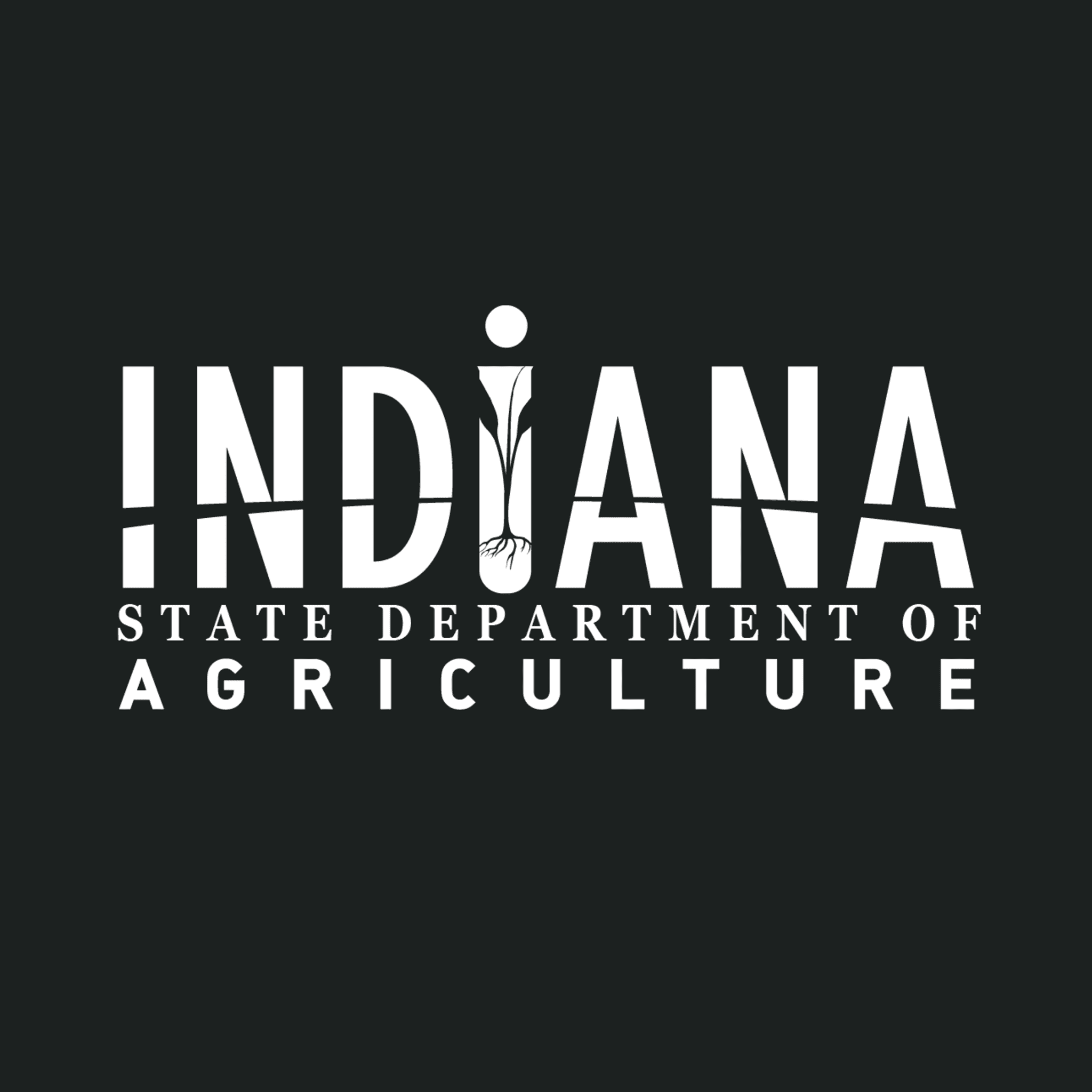The Indiana State Department of Agriculture and the State Soil Conservation Board awarded $2,313,287 in matching grant funds to 26 projects within soil and water conservation districts (SWCDs) and soil health organizations through the Clean Water Indiana program.
“Providing farmers and landowners with tools and funding to keep our Indiana waterways clean and their soil structure healthy is key to keeping Indiana agriculture thriving,” said Lt. Gov. Suzanne Crouch, Secretary of Agriculture and Rural Development. “This funding will allow 48 organizations across 26 projects to improve their local water systems, keep their soil healthy and keep their communities thriving. Last year’s increase in Clean Water Indiana funding from the general assembly is already making a lasting impact.”
The Clean Water Indiana program is administered by the state’s soil conservation board. The program, led by the Indiana State Department of Agriculture (ISDA), provides financial assistance to landowners and conservation groups that are working to reduce runoff from non-point sources of water pollution, whether it’s on agricultural land, urban areas or eroding streambanks.
Once received, districts can use the funds to partner with other counties or address specific needs within their jurisdiction. Some examples include participating in a cost share program, hiring staff, providing technical assistance, implementing cover crop incentive programs or increasing watershed capacity.
Gene Schmidt is chair of the State Soil Conservation Board and is looking forward to seeing the work done on the grassroots level by the soil and water districts. The Clean Water Indiana Grants Committee is Ray Chattin, Brad Dawson and Jane Hardisty.
Clean Water Indiana (CWI) is managed by ISDA’s Division of Soil Conservation and funded by a portion of the state’s cigarette tax. Projects can be up to three years in length and grantees could apply for any dollar amount that was necessary to complete the project. Funded projects ranged from $10,000 to $300,000. In addition to CWI funds, each grantee is required to produce a match for their project, which can be cash or in-kind. Projects requesting staffing were required to have a 25% match for that component, while all other project areas required a 50% match. Many SWCDs will target producers not currently served by other conservation programs.
Below is the list of local and statewide awardees, their project titles and overviews:
LaPorte County SWCD- $259,570
Native Habitat for Pollinators Stewardship Program- The grant funding will provide:
- Project cost-share (participant reimbursements including land prep and planting material and native vegetation management),
- Retaining a full-time county conservationist as project lead, technical support and staff/ participant educator
- Hiring two seasonal restoration management technicians for its vegetation management/invasive species control efforts, and
- Purchasing necessary equipment for restoration management activities that will all be required to meet its project goals
Newton County SWCD- $62,222
Increasing Soil, Water and Natural Resource Education Capacity in Newton County- The purpose of this project is to increase, improve and sustain high quality soil, water and natural resource education and outreach efforts in Newton County by hiring a full time educator. An additional staff member will help achieve the district’s goals to deliver quality programs, education, technical and administrative efforts to address the SWCD’s highest priority resource concerns including surface and ground water quality, soil erosion and loss of health/function and invasive species. This funding will provide a portion of the District Educator salary, support the new employee’s travel and account for program support to ensure project success.
Marshall and St. Joseph County SWCDs- $86,250
Marshall and St. Joseph Counties Landowner Invasive Management Cost Share Program- A cost share program through the districts for invasive species removal. The land would be managed by the applicant who would agree to follow set guidelines. Three-year programs would be used for the 10 applications for 10 acres or over of woodlands, and the management plans for under 10 acres could be more flexible, depending upon the ability of the landowner’s desires and ability to assist/participate.
Elkhart County SWCD- $150,000
Water Quality of Life- The Storm Water Alliance Management Program, or SWAMP, has been providing Elkhart County farmers with Elkhart County dollars to implement conservation practices including: blind inlets, cover crops, filter strips, grade stabilization structures, grassed waterways and exclusion fencing. The purpose of this grant is to improve the SWAMP program and offer additional funding for our local land users and expand into urban areas.
Indiana Association of Soil and Water Conservation Districts- $300,000
Urban Soil Health Program- Urban Soil Health Program (USH) was launched in 2021 to support urban and small-scale producers across Indiana. The program is designed to serve all districts, all conservation partners and all communities. This model ensures that there is equitable access to the program from districts and partners who wish to engage. There is a strong connection with ICP partners and conservation programs. The USH Program cultivates locally led initiatives and provides state-level support and coordination amongst traditional programs.
The Nature Conservancy- $82,500
Indiana Cover Crop Premium Discount Project- Over 85% of cropland acres carry crop insurance, and linking resilient practices, like cover crops, to crop insurance has the potential to catalyze conservation adoption and keep Indiana as the epicenter of soil health. This project mirrors statewide efforts previously established in both Illinois and Iowa, and it provides eligible participants a $5/acre premium discount on the following year’s crop insurance invoice for every acre of cover crop enrolled and verified in the program.
Farmers participating in the project will be awarded a $5/acre insurance premium discount from USDA-RMA through normal crop insurance processes. Only acres in cover crops (absent other state or federally incentivized cover crops) will be eligible for the premium discount. Applications reviewed and confirmed by ISDA will be forwarded to the USDA-RMA for processing premium discounts on crop insurance premium invoices for their cash crop. Being a first-time cover crop user is not a requirement but will be given priority for funding. The 2024-2025 Cover Crop Premium Reduction Program will support 30,000 acres of cover crops.
A full list of awardees can be found by clicking here.

